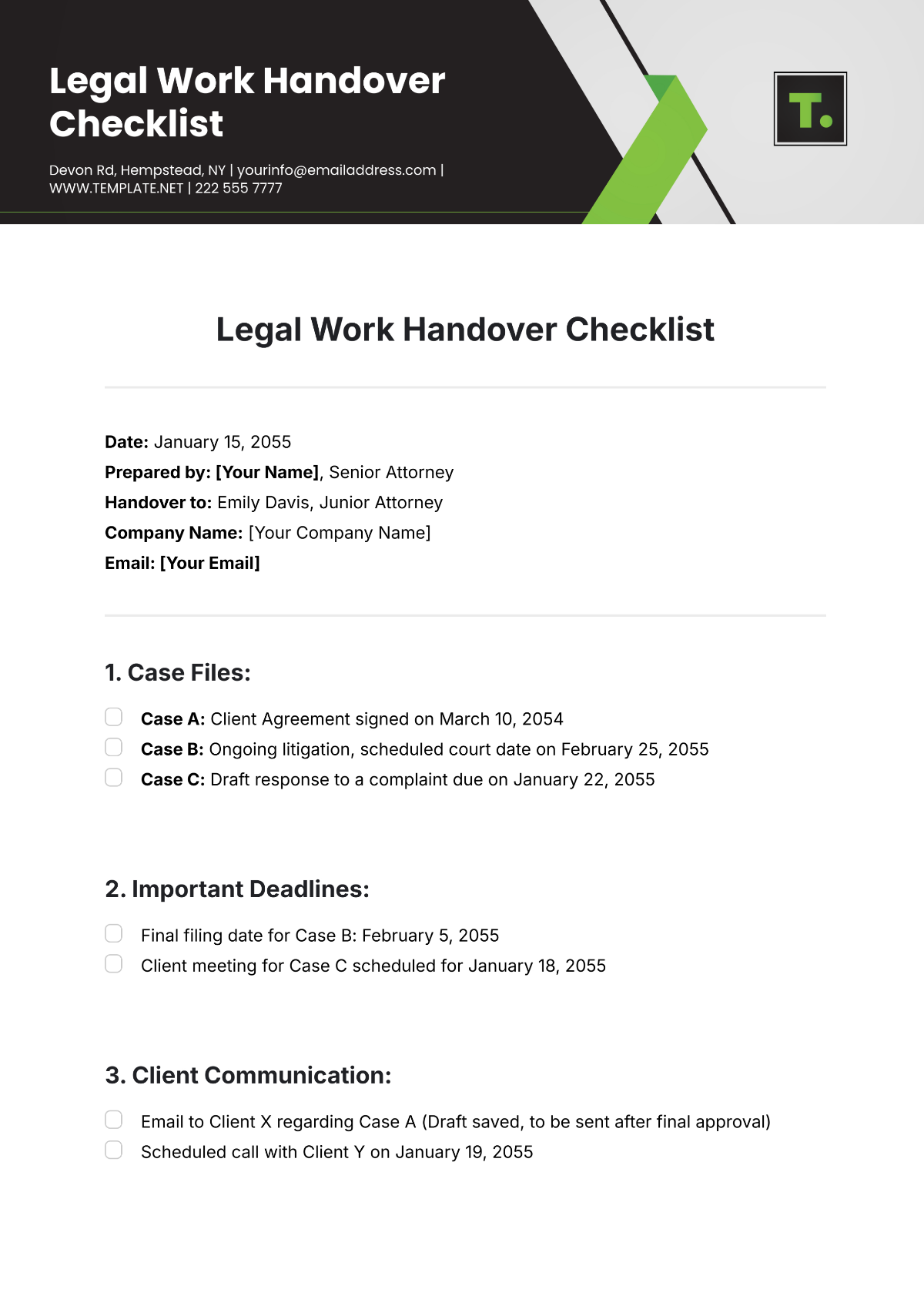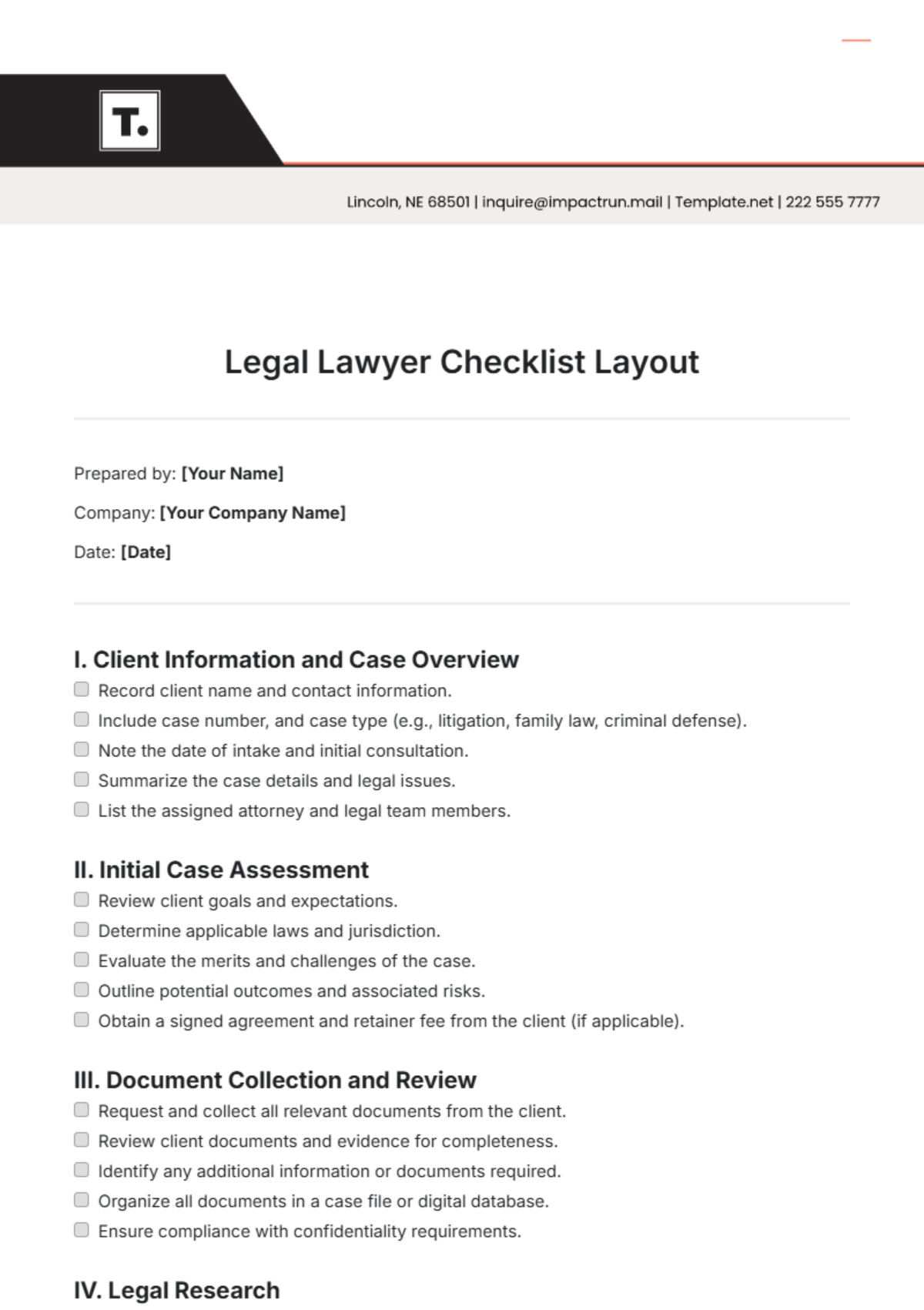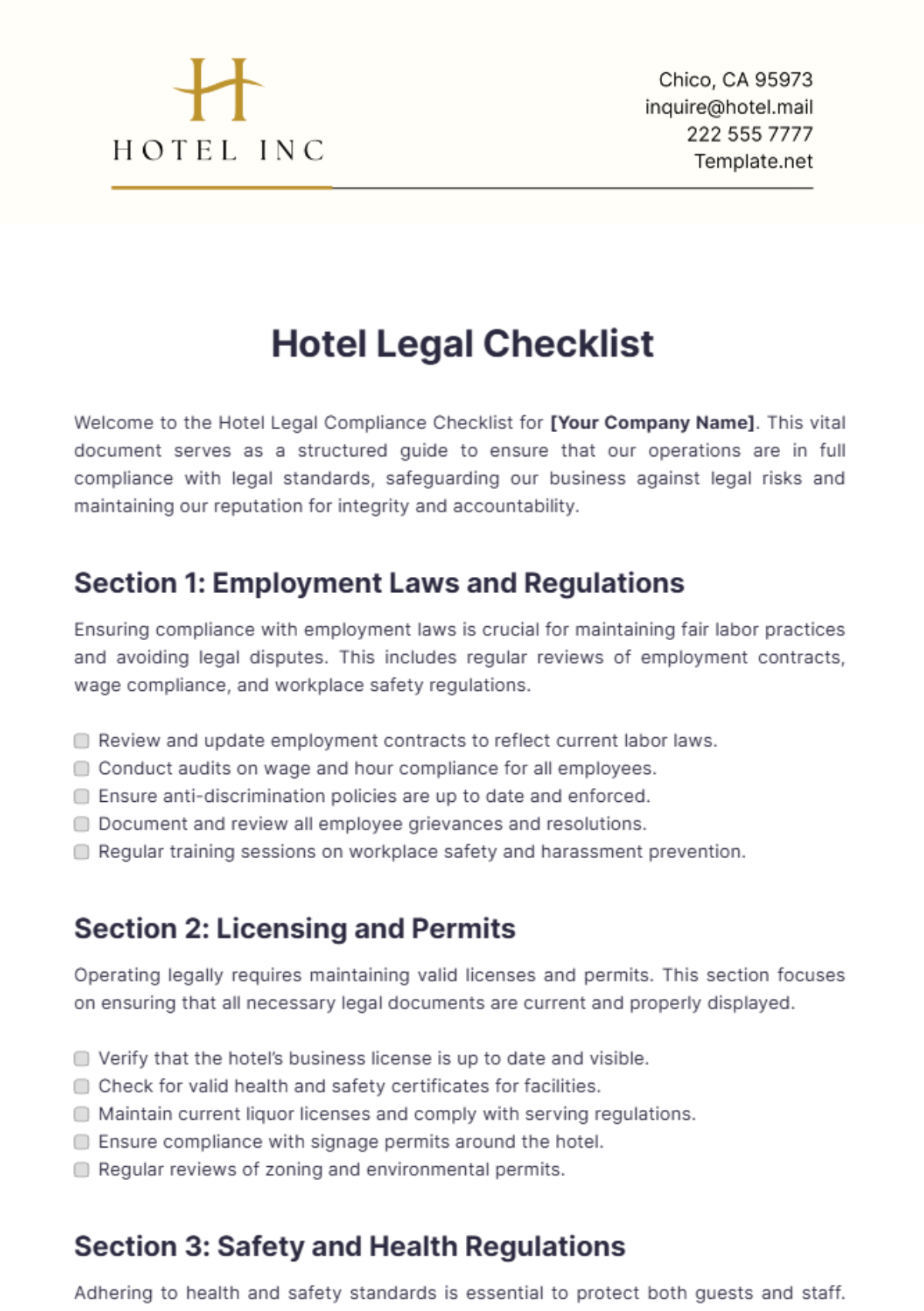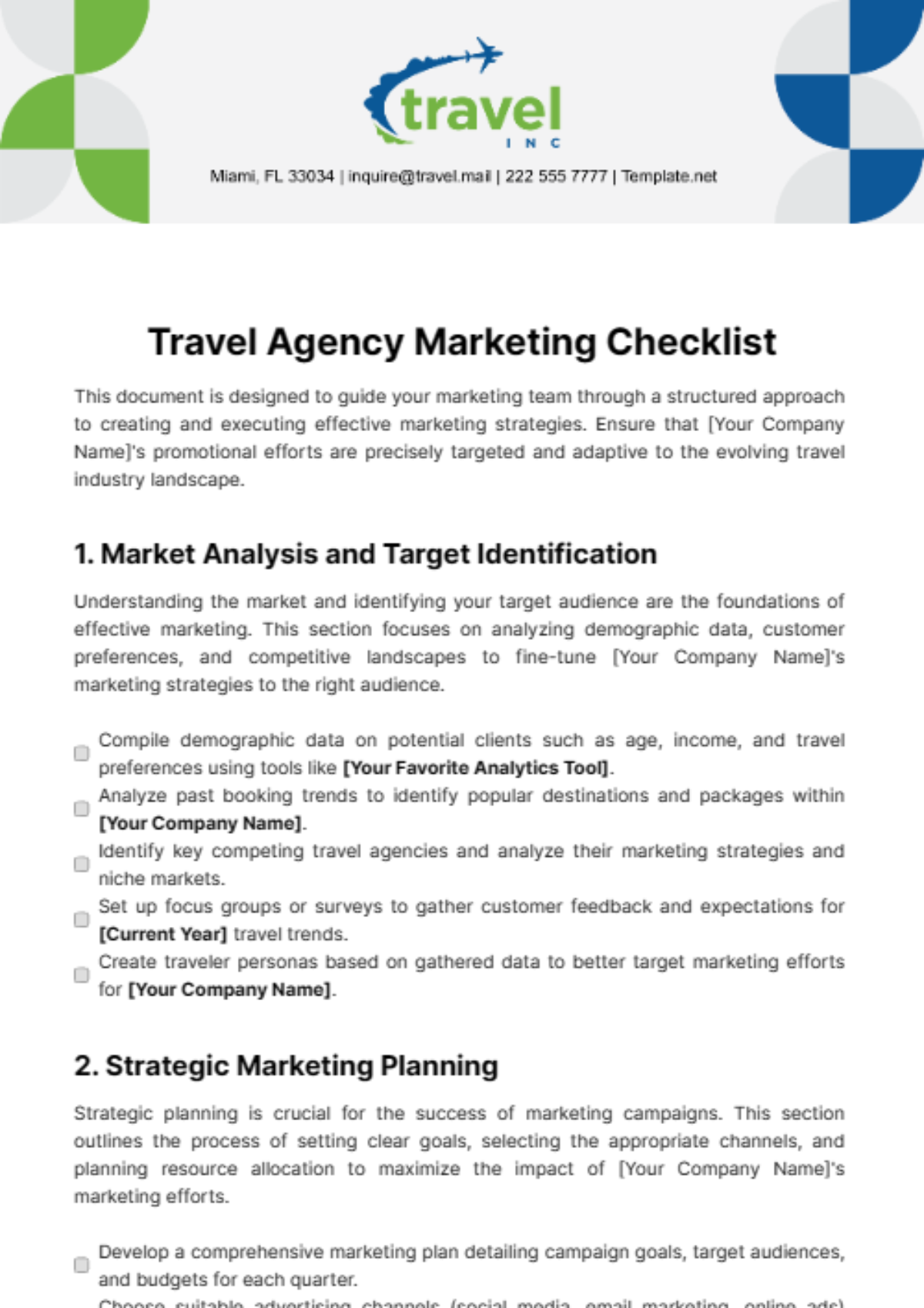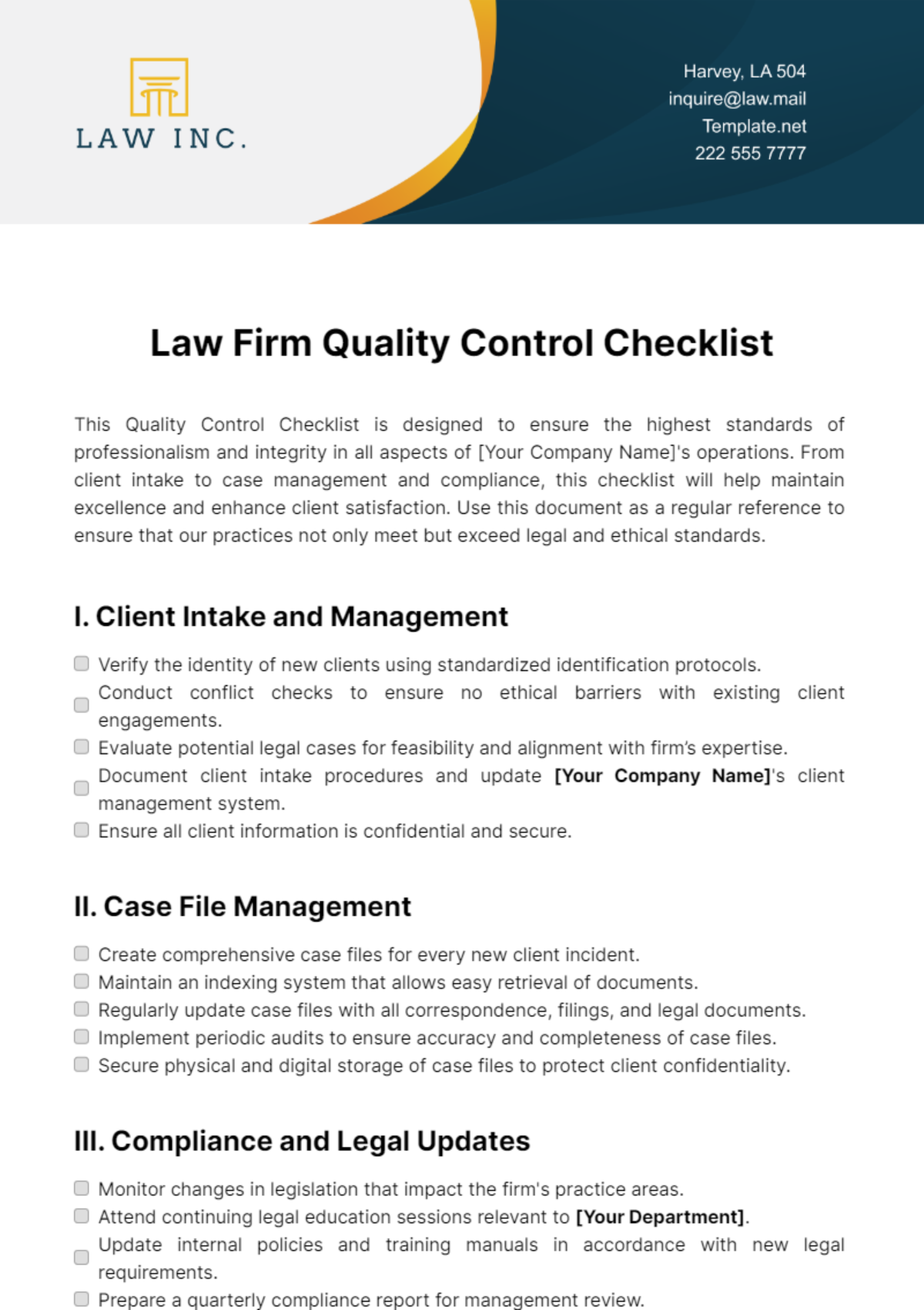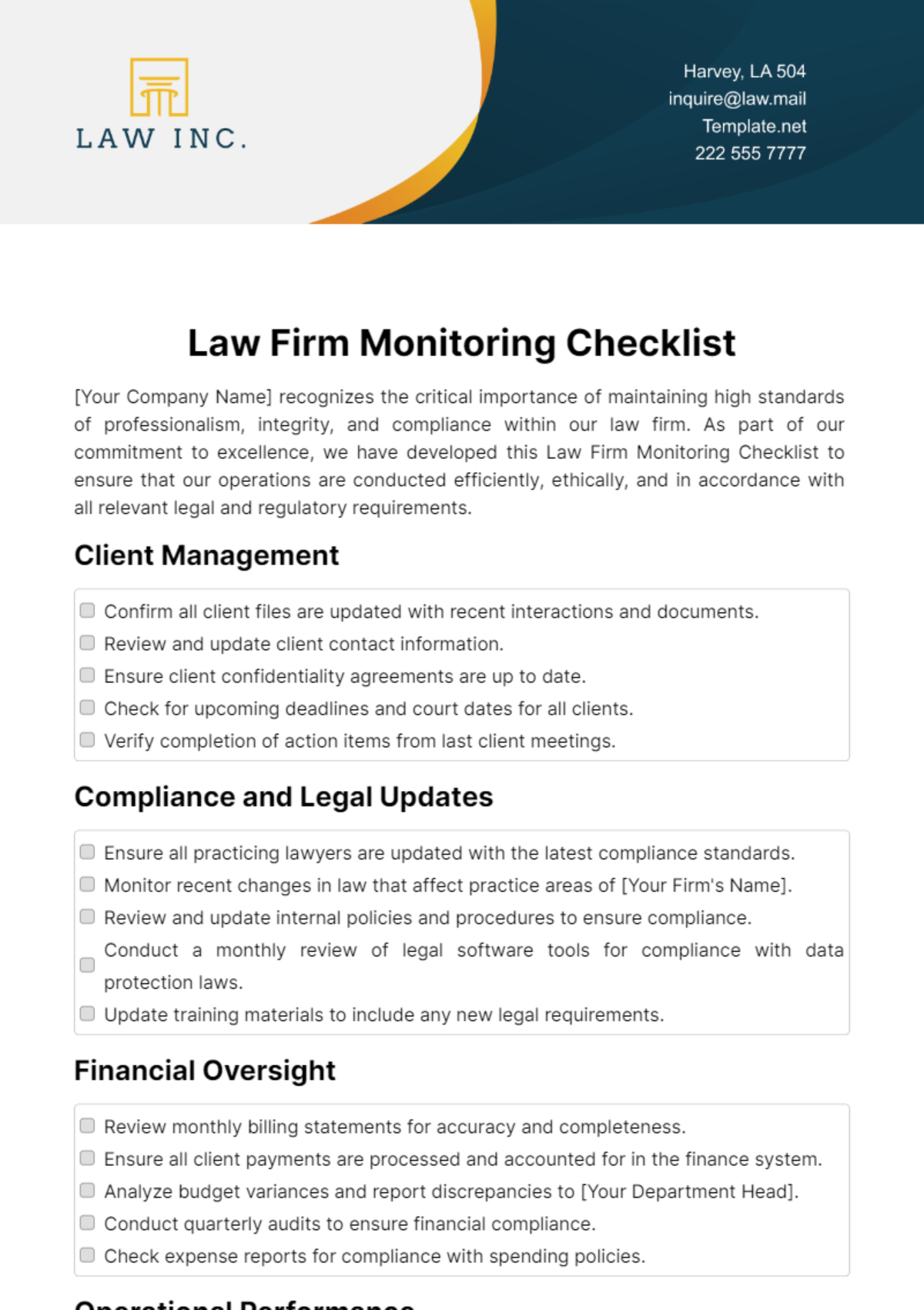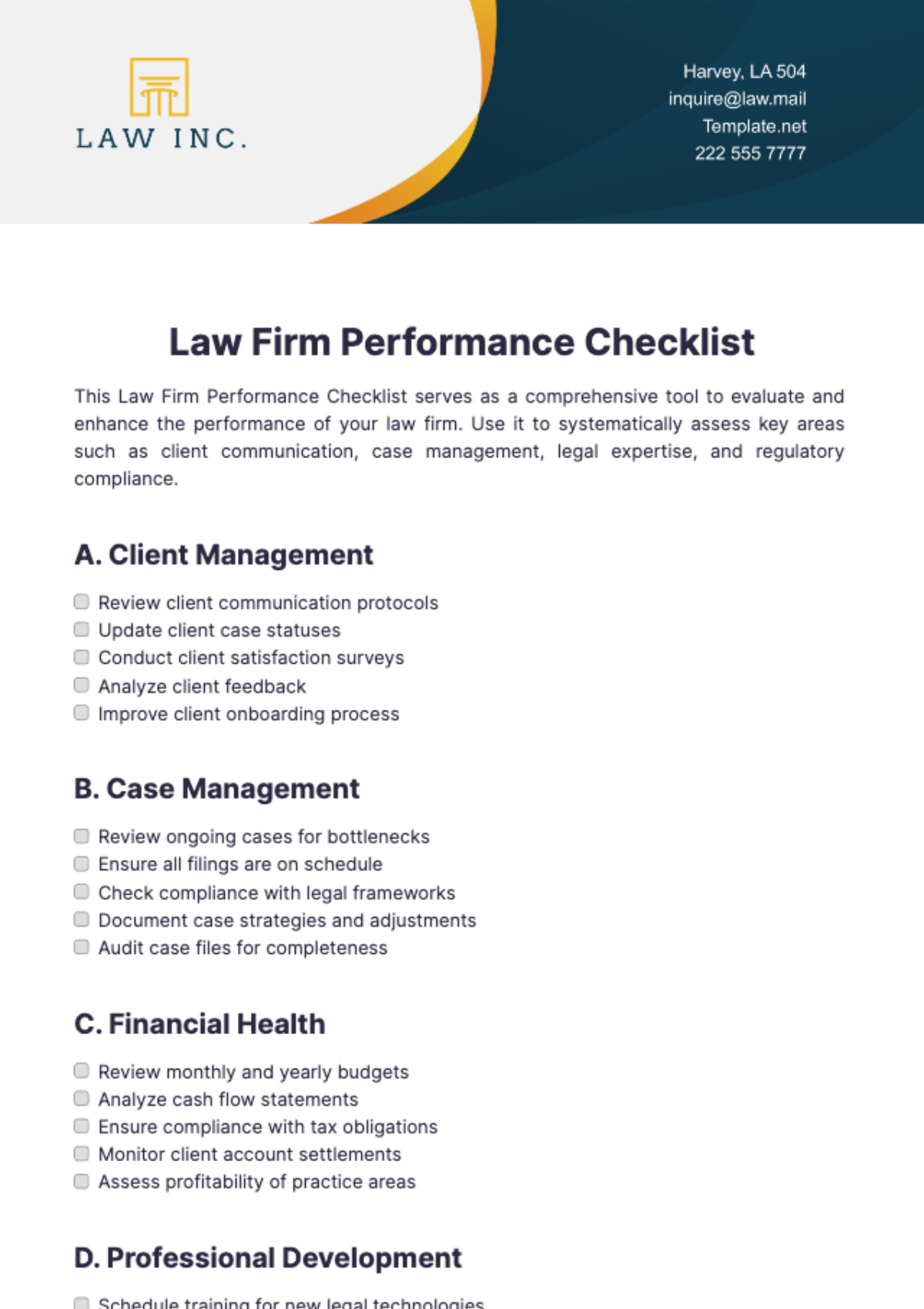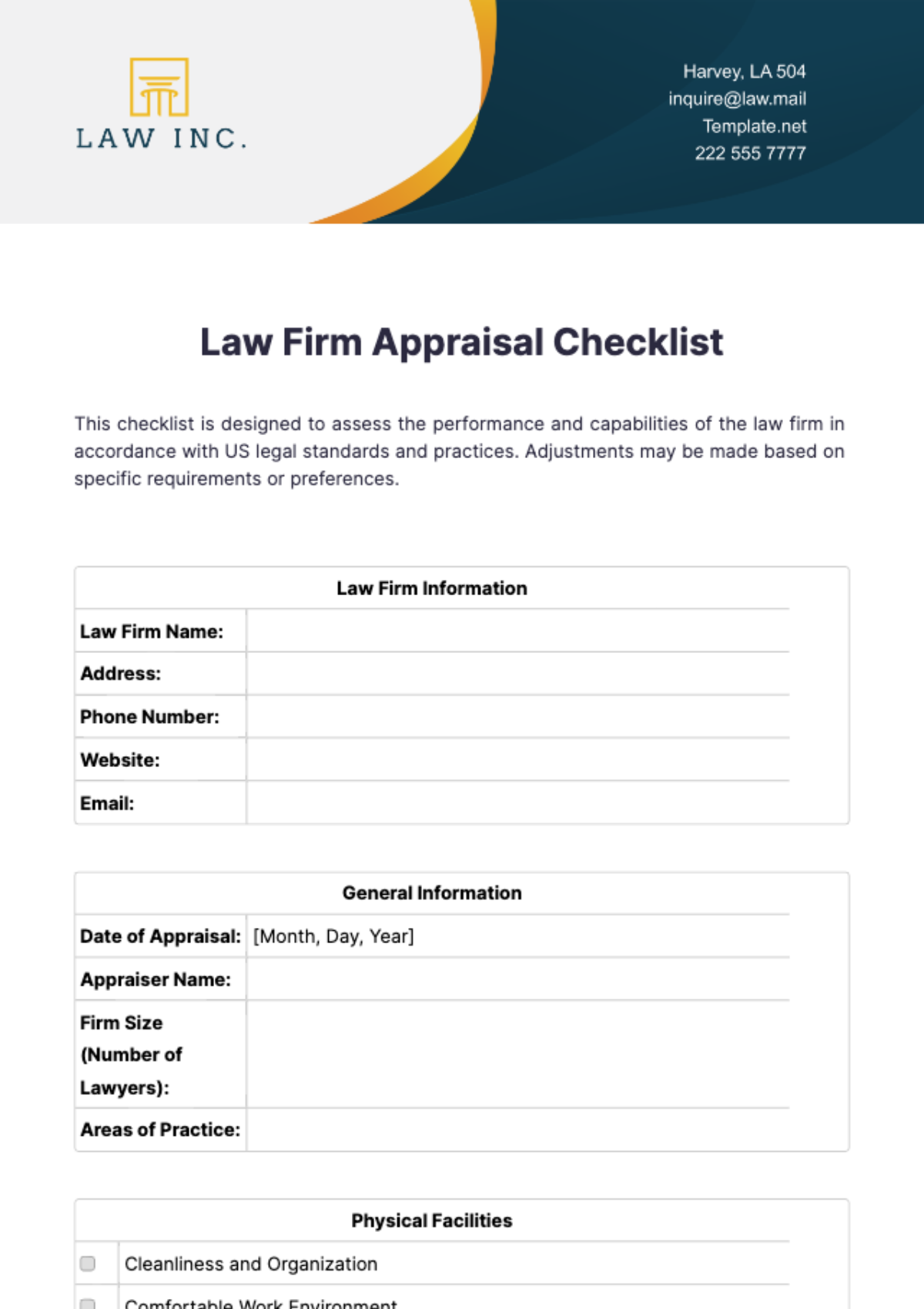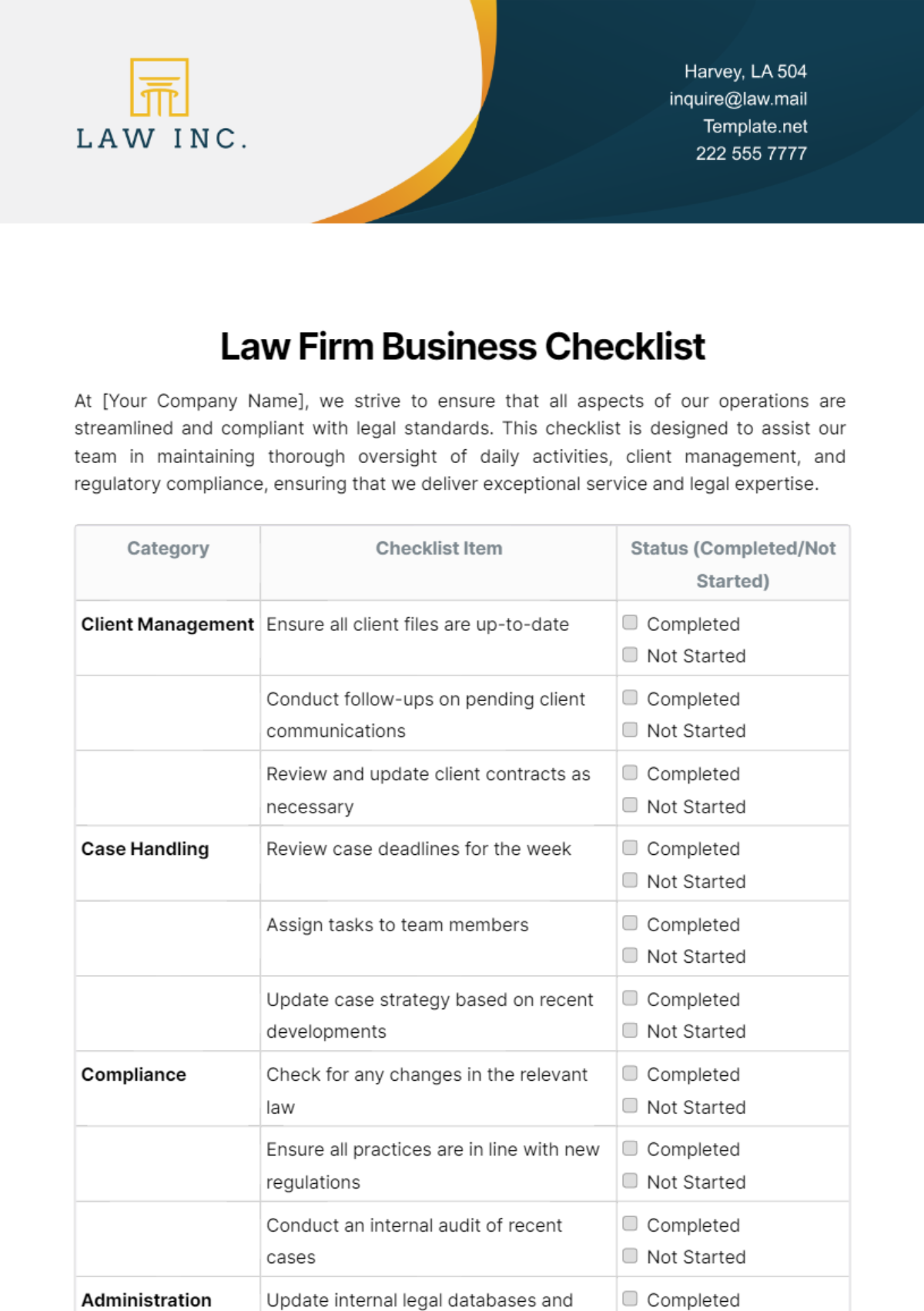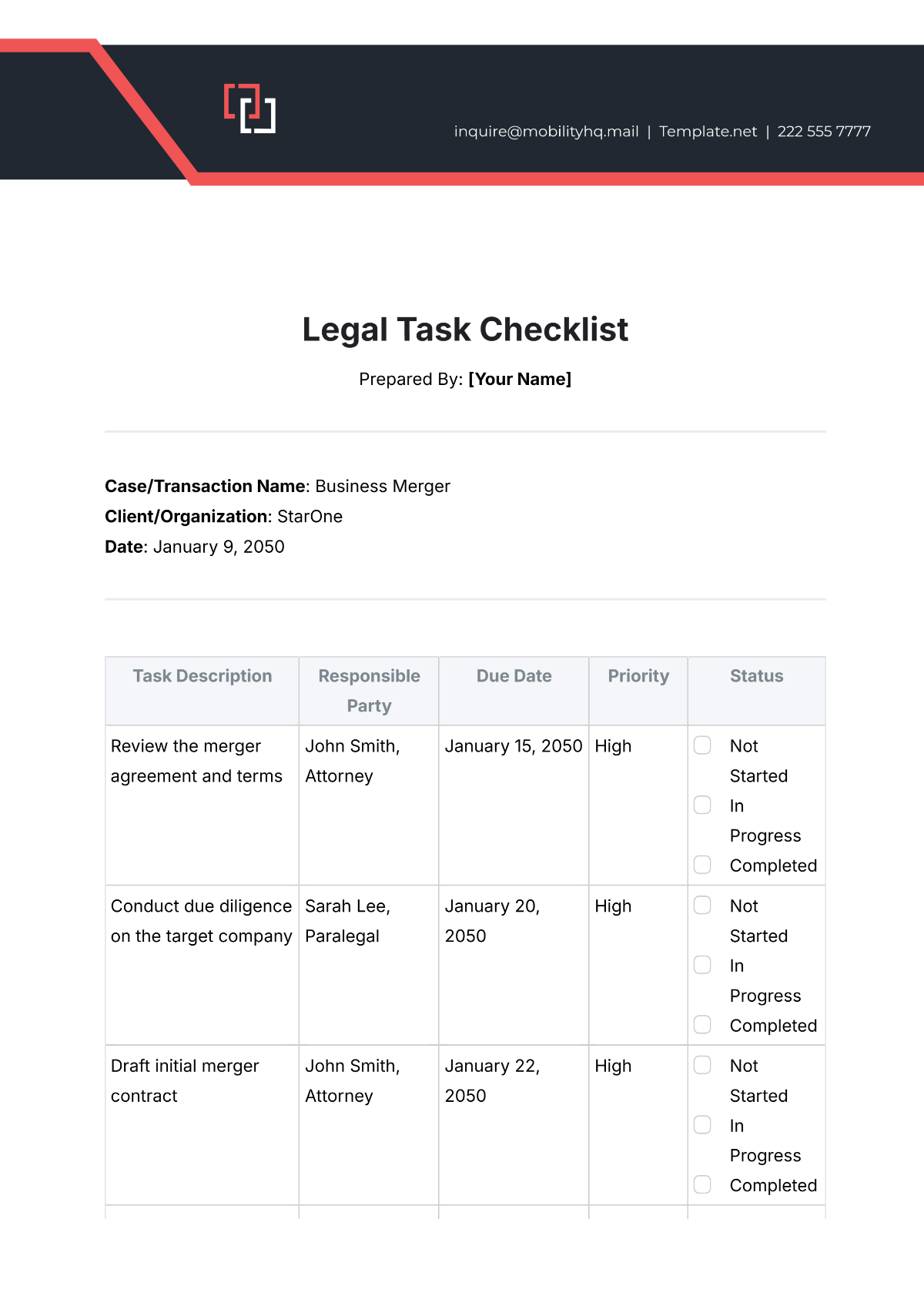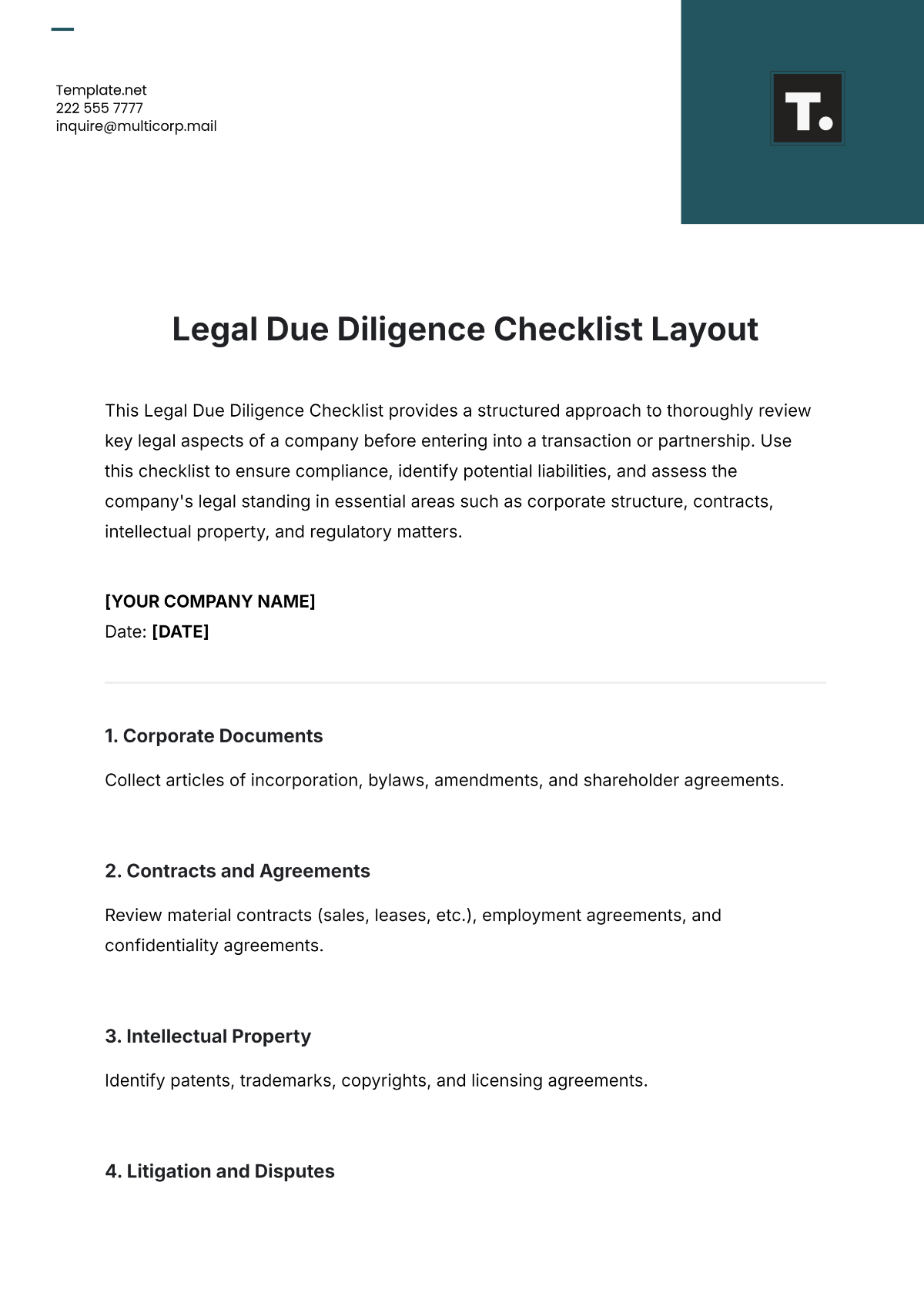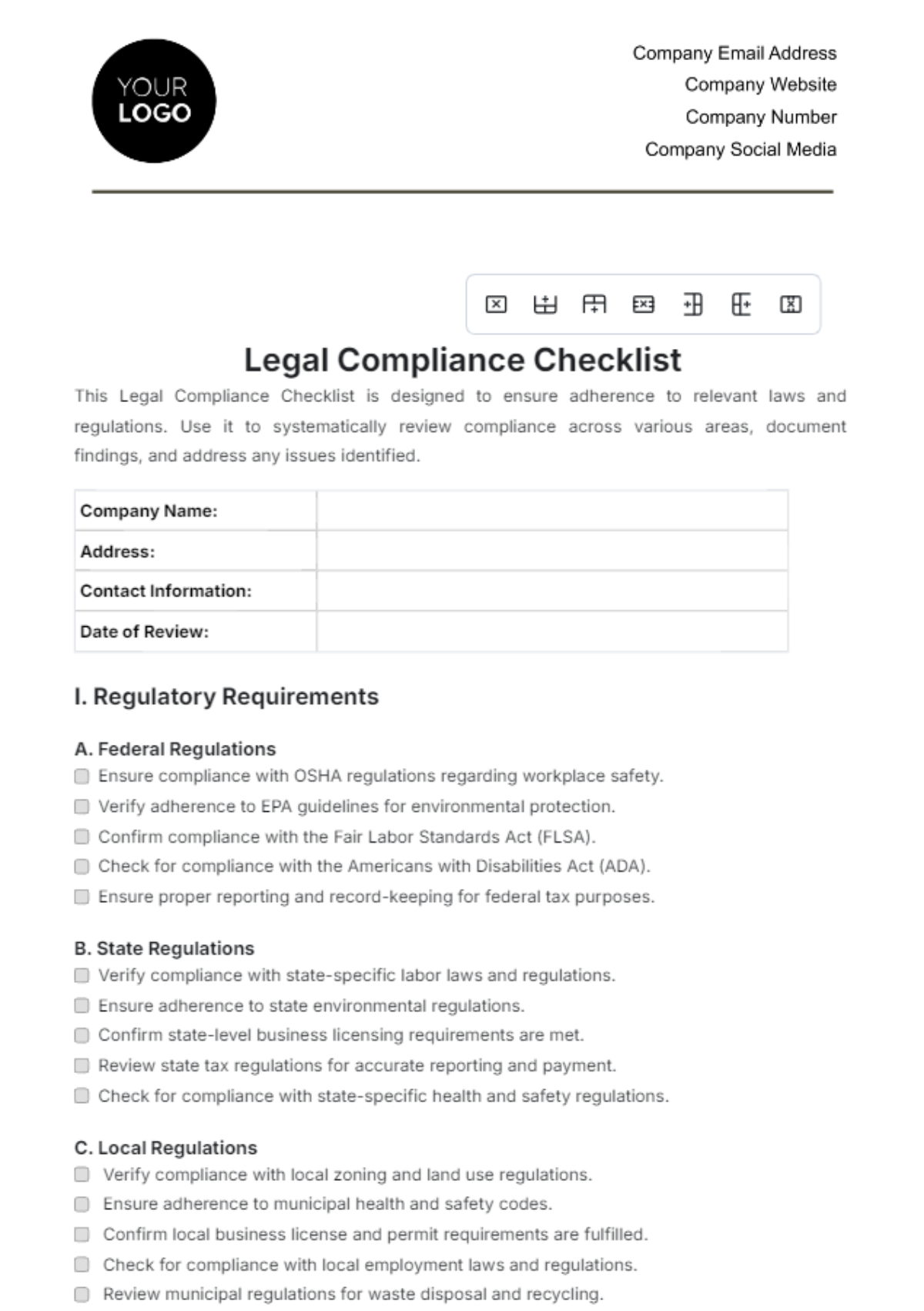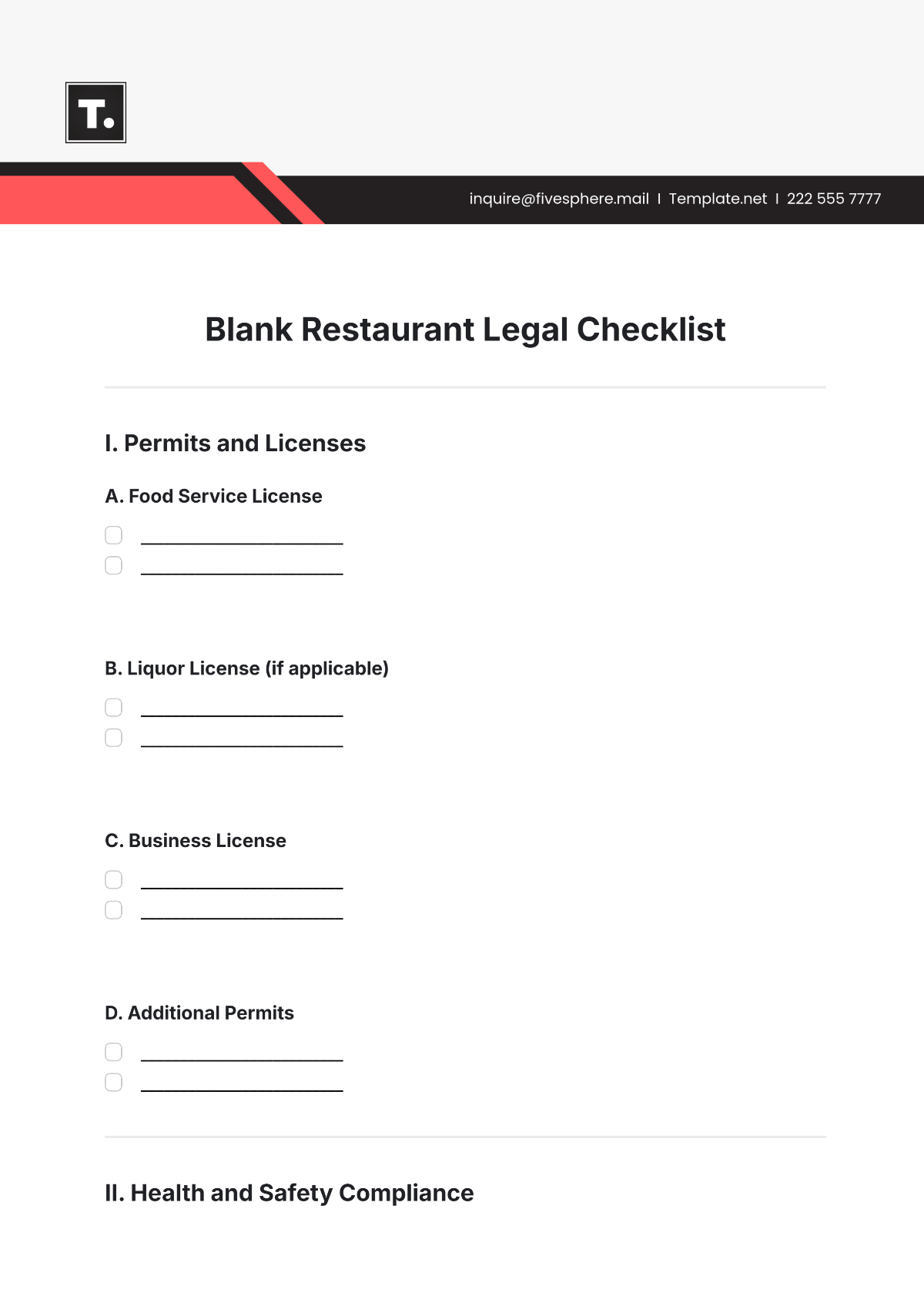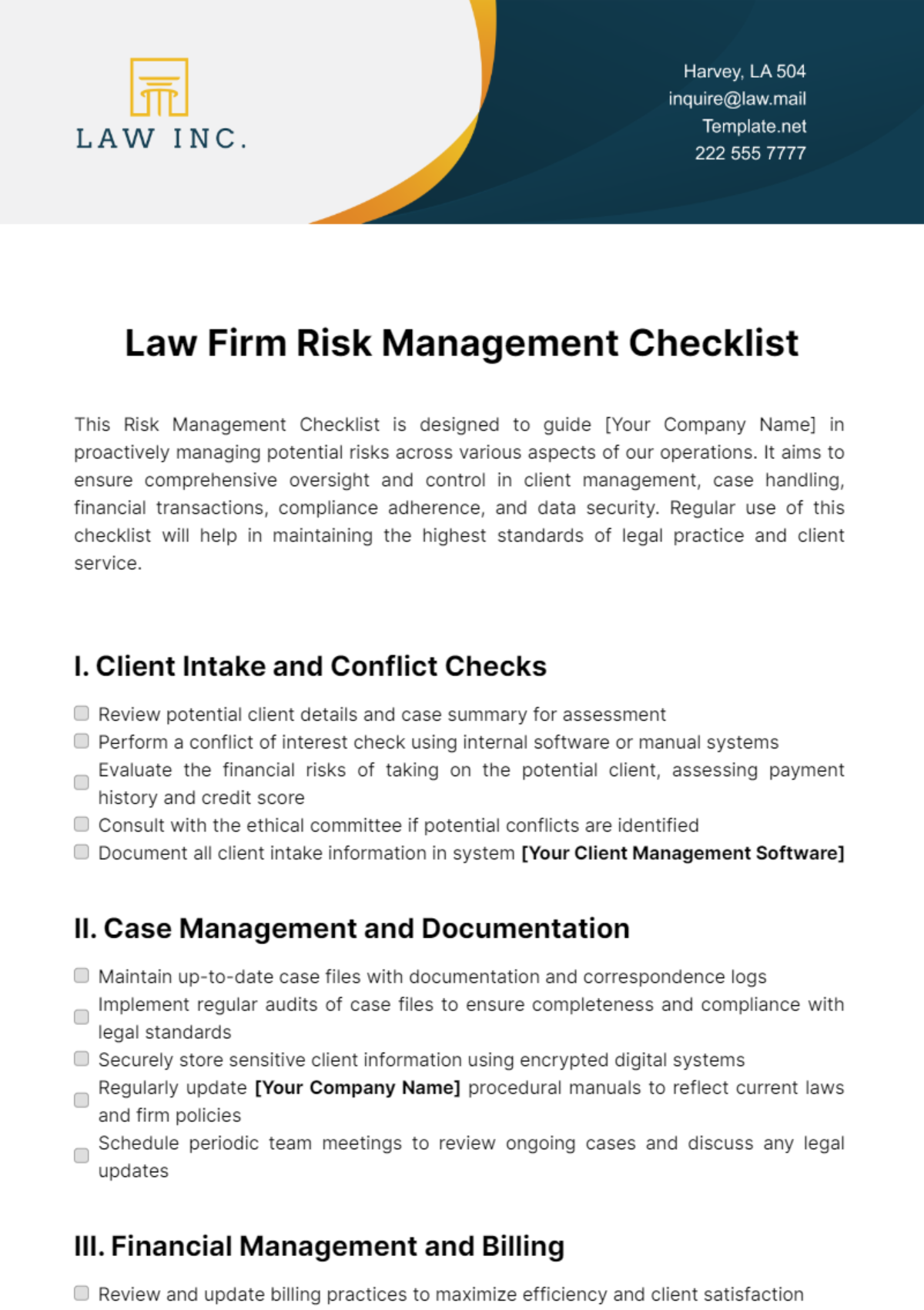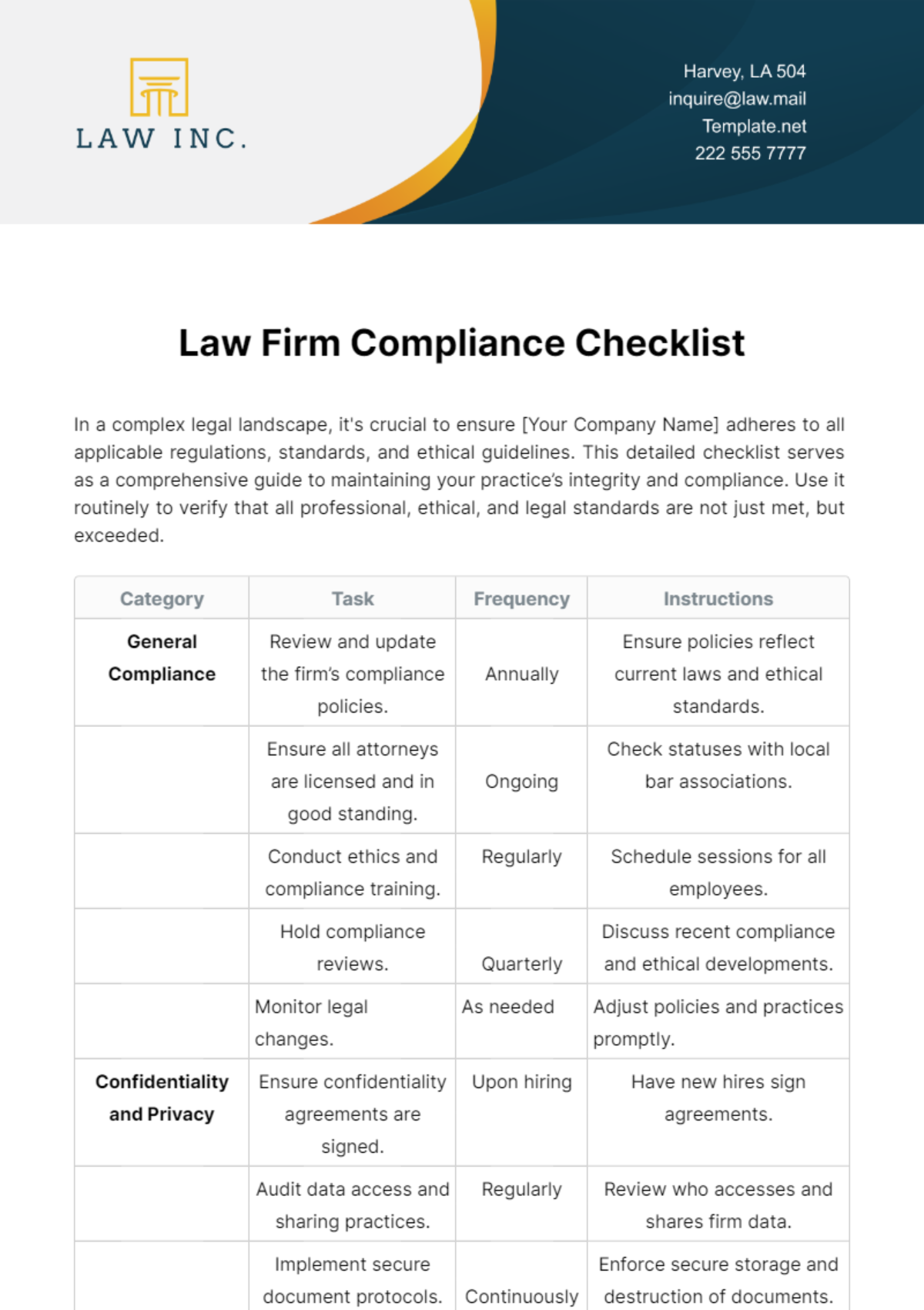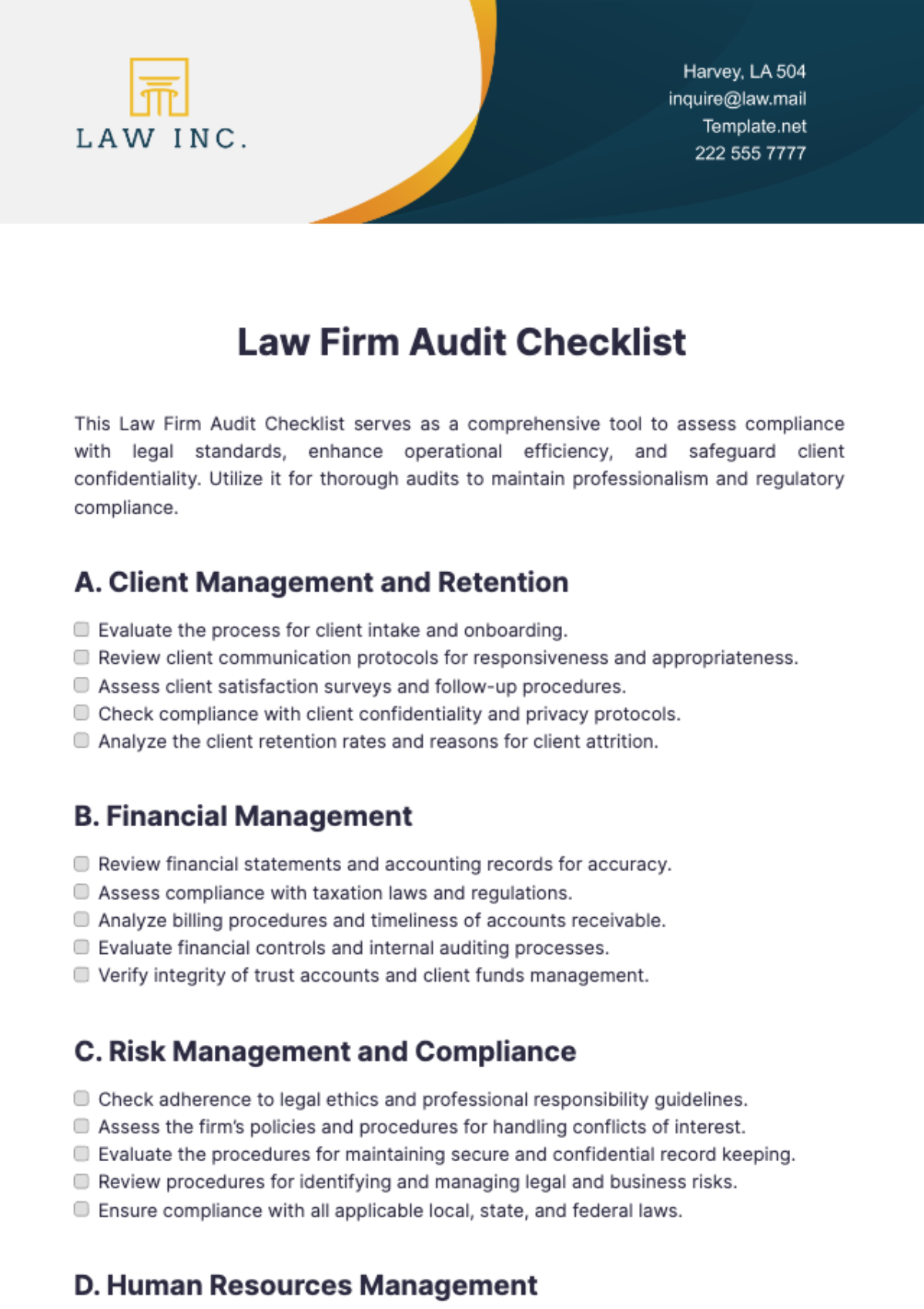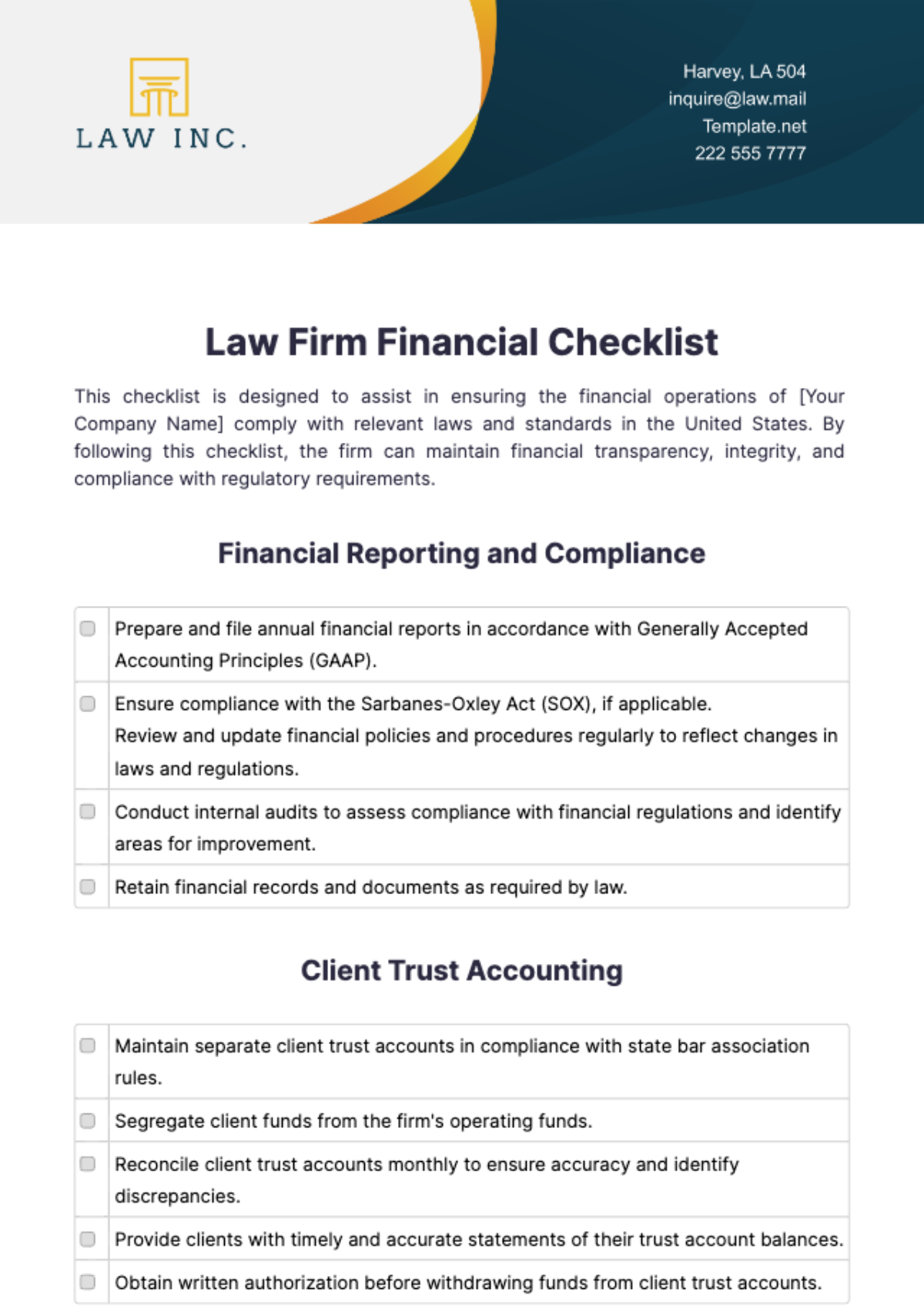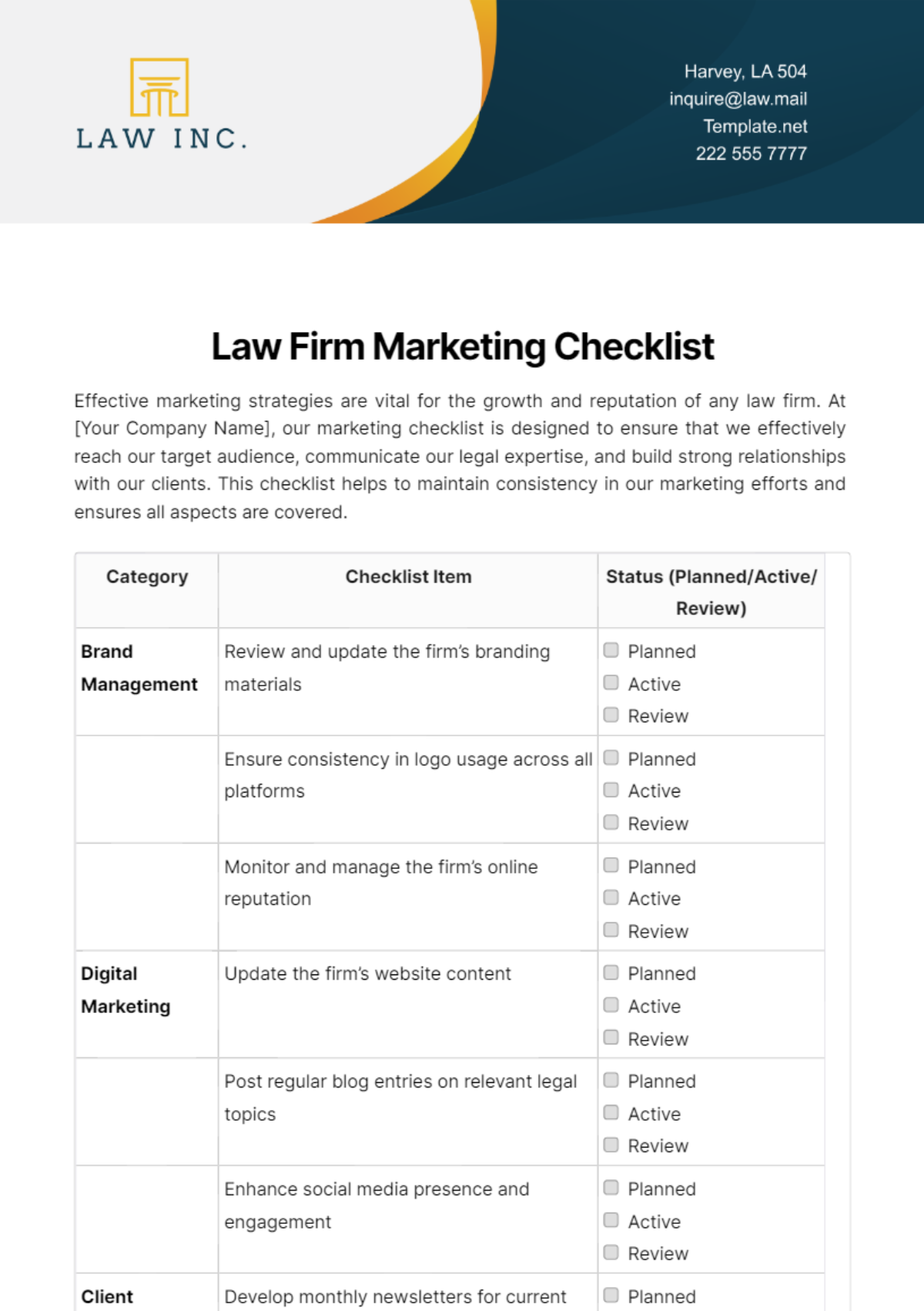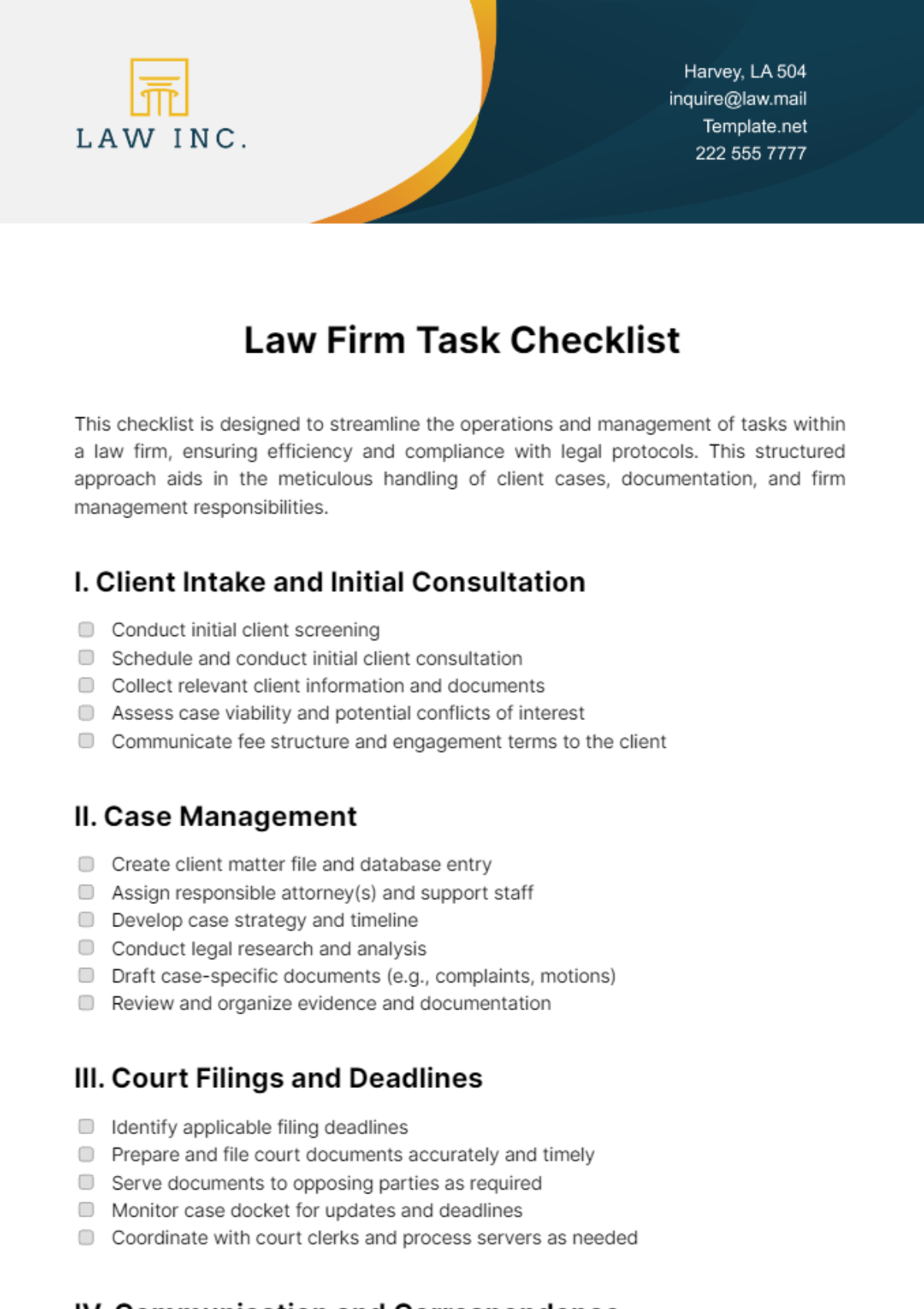Marketing Media Training Checklist
Welcome to the Marketing Media Training Program, designed to fully prepare you and your team for successful interactions with the media. This will help you track your progress and ensure that no crucial aspect of the training is overlooked.
For each statement listed below, please place a tick in the box provided once you have successfully completed the activity or familiarized yourself with the material.
1. Understanding Media Landscape:
Familiarize yourself with various types of media (print, broadcast, online, social).
Identify key media outlets and influencers relevant to your industry.
Stay updated on industry trends and news.
2. Message Development:
Craft key messages that align with company values and goals.
Develop concise and clear talking points for media interactions.
Prepare responses to anticipated questions or sensitive topics.
3. Spokesperson Selection:
Identify and train suitable spokespersons within the organization.
Ensure spokespersons have a deep understanding of the company and its products/services.
4. Interview Preparation:
Conduct mock interviews to practice messaging and delivery.
Provide feedback on tone, body language, and key message delivery.
Focus on effective storytelling and relatable anecdotes.
5. Media Relations:
Build relationships with journalists, reporters, and media contacts.
Understand the interests and preferences of key journalists.
Tailor pitches and press releases to media outlets and audiences.
6. Crisis Communication:
Develop a crisis communication plan with predefined spokespersons.
Train on handling crisis situations, including staying calm under pressure.
Implement a rapid response protocol for urgent media inquiries.
7. On-camera and Public Speaking Skills:
Provide media training on appearance, body language, and attire.
Teach effective use of teleprompters and interview settings.
Practice speaking clearly and confidently on camera.
8. Social Media Etiquette:
Understand the company's social media policies.
Learn how to engage with the audience and respond to comments professionally.
Be aware of the potential impact of personal social media activity.
9. Media Monitoring:
Monitor media coverage regularly for accuracy and sentiment.
Track industry news and competitors' media interactions.
Use media monitoring tools to stay informed.
10. Legal and Ethical Considerations:
Familiarize yourself with libel, defamation, and privacy laws.
Follow ethical guidelines for media interactions, avoiding conflicts of interest.
Understand disclosure requirements for sponsored content or paid partnerships.
11. Crisis Simulation:
Conduct simulated crisis scenarios to test readiness and response.
Evaluate and adjust the crisis communication plan as necessary.
12. Feedback and Continuous Improvement:
Solicit feedback from media trainers, colleagues, and mentors.
Regularly update and refine media training materials and techniques.
Stay open to learning and adapting to evolving media landscape trends.
13. Post-Interview Review:
Debrief after media interactions to identify strengths and areas for improvement.
Analyze media coverage for message penetration and accuracy.
14. Media Training Resources:
Provide access to media training manuals, videos, and resources.
Offer ongoing media training opportunities for team members.
















